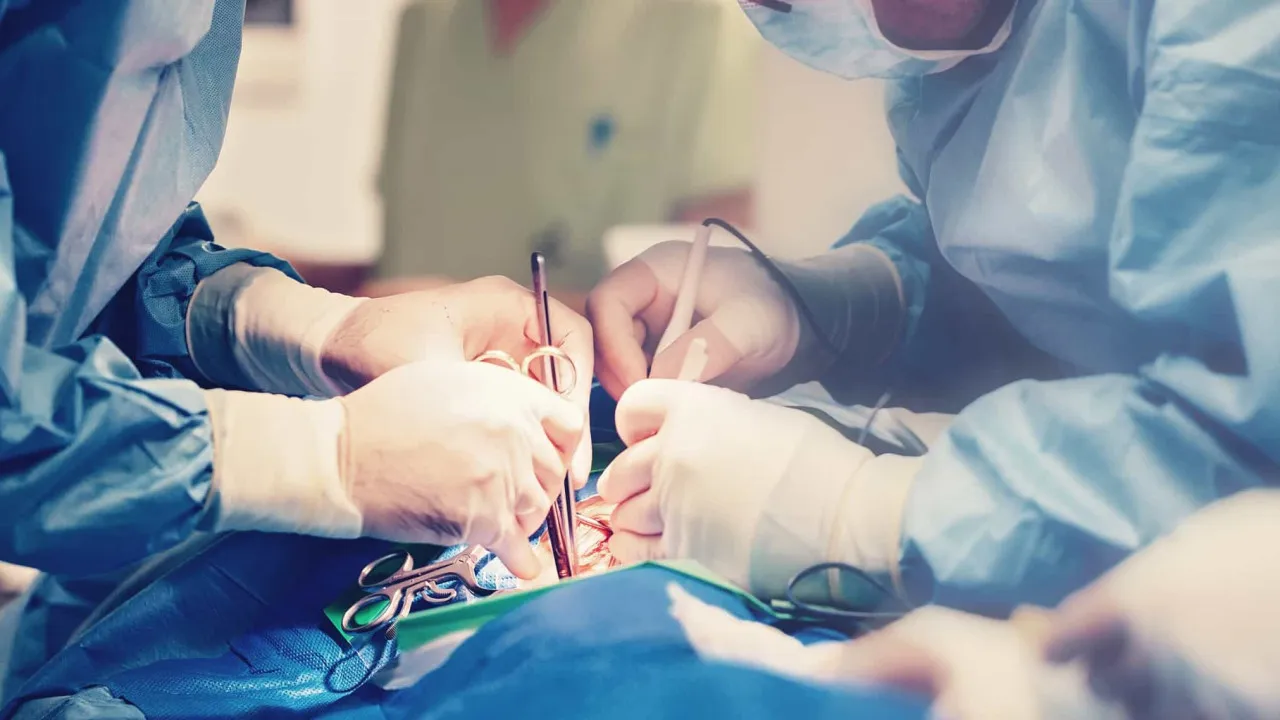
The Executive Directorate of the National Health Service (DE-SNS) has issued a document titled ‘Additional Surgical Production in the Specialty of Dermatology’, directed to 39 local health units. This document outlines five key directives aimed at achieving a balanced approach to Base Production and Additional Production in Dermatology.
This move follows recent reports of a dermatologist earning 51,000 euros in a single day at Santa Maria Hospital, prompting inquiries from both the Public Prosecutor’s Office and the Health Activities General Inspectorate (IGAS).
The Integrated Management System for Surgical Patients (SIGIC), which facilitates surgeries outside regular working hours to reduce waiting times, will be replaced by the National System for Access to Consultation and Surgery (SINACC). This new model involves a comprehensive revision of existing rules and pricing.
The DE-SNS document states that the full operationalization of these reforms, including the SINACC and the updated patient classification system, requires a structured transition. This should involve adapting information systems, defining new operational procedures, and coordinating with all NHS institutions.
As this process will still take time, the DE-SNS emphasizes the need for “immediate corrective measures of a transitional nature,” to mitigate existing issues and ensure responsible management of additional production, with a particular focus on Dermatology.
The document stresses the importance of aligning additional production activities with the standards of conventional production, both in volume and clinical complexity, to avoid disrupting healthcare organization and financing, thereby enhancing system efficiency, transparency, equity, and user focus.
Hospitals are advised to authorize additional surgical production in Dermatology only if it is classified as oncological or highly urgent benign conditions.
It is also recommended that, each month, and for each Homogeneous Diagnosis Group (GDH), which underpins surgical activity registration and financing within the NHS, additional surgical production in Dermatology should not exceed the base production volume.
To standardize payment criteria for surgeries outside normal working hours, particularly concerning severity, all payments for additional production should reflect the severity.
The clinical directors of local health units should review dermatology surgery waiting lists for benign conditions to ensure accurate priority setting and a clear distinction between outpatient and “minor” surgeries.
Finally, the DE-SNS advises the boards of administration of local health units to assess whether clinical procedures conducted as additional production comply with principles of economy, efficiency, and efficacy. This involves judicious resource use, ensuring high-quality standards at the lowest possible cost, and appropriately allocating resources to achieve desired healthcare outcomes.
The DE-SNS notes that it consulted the Medical Association, obtaining opinions from the Directorate of the College of the Specialty of Dermatovenereology in collaboration with the Directorate of Competence in Clinical Coding. The aim is to ensure system access management, wait time monitoring, and coordination of healthcare responses across NHS health units.




